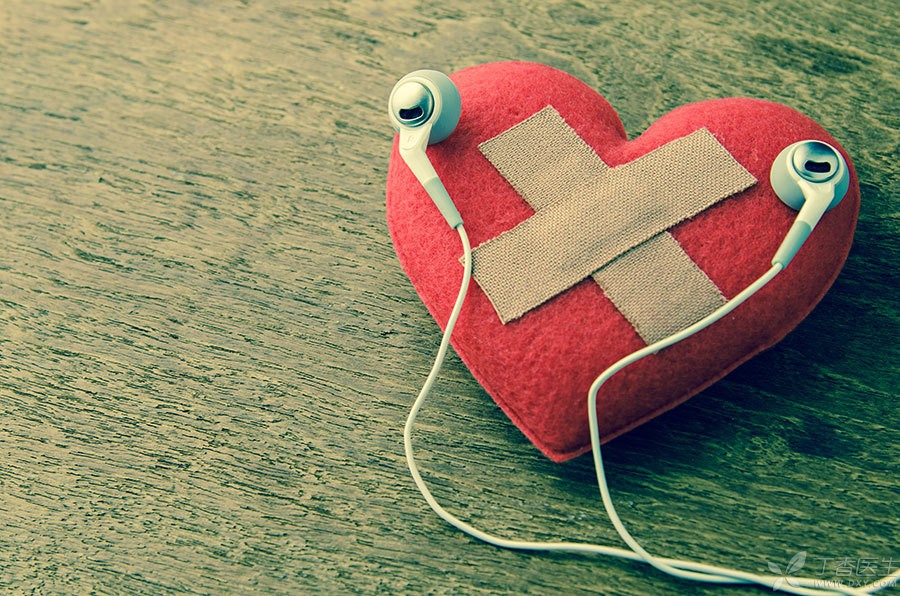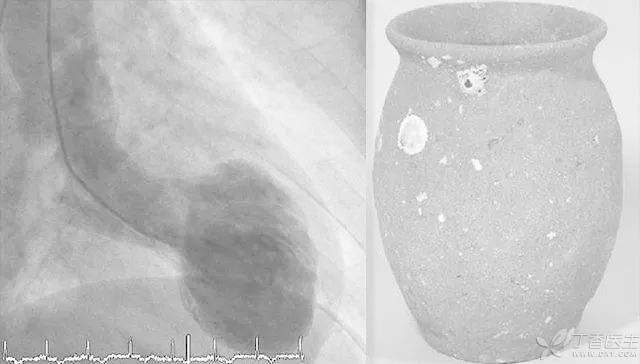
In the past two days, there have been news reports that a female student from a prospective university in Linyi, Shandong Province died of cardiac arrest after being cheated of her tuition fees by fraudulent phone calls.
On the 19th, Xu Yuyu, an 18-year-old Linyi Luo Zhuang girl who was about to enter university, received a strange phone call claiming that there was a 2 600 yuan grant to be given to her.
As the day before, she did receive a notice from the education department that grants were issued, she did not doubt the authenticity of the phone. According to the request of the other party, she will be ready to pay tuition 9 900 yuan into the account provided by the swindler… After finding out that she was cheated, Xu Yuyu was extremely sad and went to the police station with her family to report the case that night.
On her way home, she suddenly fainted and suffered cardiac arrest. Although she was fully rescued by the hospital, she died unfortunately.
According to reports, Xu Yuyu was in good health before his death and had no major diseases. His family was poor and the whole family only relied on his father to work outside to earn money. The 9 900 yuan, which paid tuition fees, was saved and saved for more than half a year.
It may be what who can make people sad and breathless?
Since there is no definite conclusion, we can only guess from all diseases. Don’t say, there is really a heart disease related to sadness.
In 1990, Japanese scholars described a kind of octopus kettle cardiomyopathy (Takotsubo cardiomyopathy).
At the onset of this disease, the apex of the left ventricle is balloon-like, similar to the round bottom and narrow mouth of the traditional Japanese octopus basket, hence the name [octopus kettle cardiomyopathy].
However, the disease is also called Broken Heart Syndrome, which is really appropriate! ), apical ballooning syndrome, look at the picture below, also very aptly! ).

Women account for 89.9% of the patients with this disease (women are indeed easy to [break their hearts]! ), but so far it is not completely clear that the onset is caused by what, nor is it clear why there is such a significant gender difference. The possible reason is that catecholamine release caused by stress affects myocardium.
Most patients are affected by obvious inducements, 36% are organic inducements (acute respiratory failure, post-operation, traumatic fracture, infection or central neuropathy), 27.7% are affected by mental factors (sadness, panic, anxiety, interpersonal conflict, anger, frustration, etc.), 7.8% have both. The rest have no obvious influencing factors.
However, it is really unlikely that a young person like Xu Yuyu will suffer from [octopus amygdala cardiomyopathy]-it is easier to [patronize] the middle-aged and the elderly. The specific situation in what needs further information to confirm.
Why is this happening?
Because the proportion of sympathetic nerve receptors in the patient’s heart is different between the base of the left ventricle and the apex, when the patient is extremely sad and encounters pressure stress, shock or pain, the apex will not contract, but the base of the ventricle will contract strongly like a balloon (the apex in Figure A below is spherical; B is normal ventricular contraction).

Chest pain, ST segment elevation of electrocardiogram and elevation of myocardial enzyme level are consistent with the manifestations of acute myocardial infarction.
However, when the patient undergoes coronary angiography, it will be found that there is no significant coronary artery stenosis, while left ventricular angiography will show spherical dilatation in the apex of the left ventricle.
However, some patients will find multifocal coronary artery spasm or transient myocardial perfusion insufficiency. These coronary artery dysfunction may also be caused by catecholamines.
Octopus ampulla cardiomyopathy usually has a good prognosis, but there are still some patients who died of induced ventricular fibrillation without timely rescue.
On-site first aid was timely, and perhaps it was saved.
As reported in the news, Xu Yuyu did not receive effective cardiopulmonary resuscitation immediately after cardiac arrest, and the results can be imagined.
Whether the prospective college student suffered cardiac arrest due to heartbreak syndrome or not, the key to first aid is:
1. Early identification of cardiac arrest and call 120 first aid
2. Early high-quality cardiopulmonary resuscitation
Step 3 Shock defibrillation as soon as possible
4. Early basic and advanced life support
Copyright of Clove Garden. No reprinting is allowed without permission.
Author: Emergency Nighthawk, Emergency Department Doctor, American Heart Association Emergency Training Instructor, Founder of Nighthawk Emergency Training Camp
Source: www.hizy.net Genuine Photo Library/Author Provided
